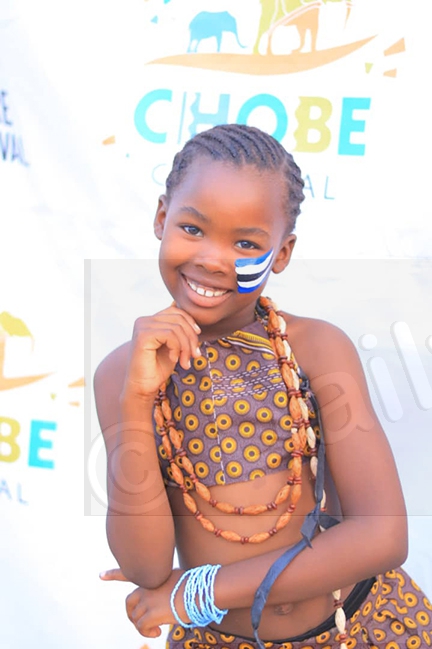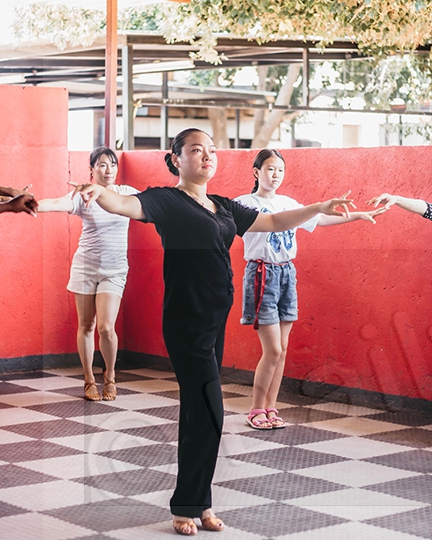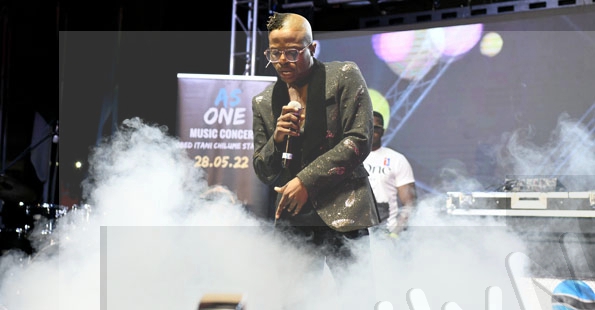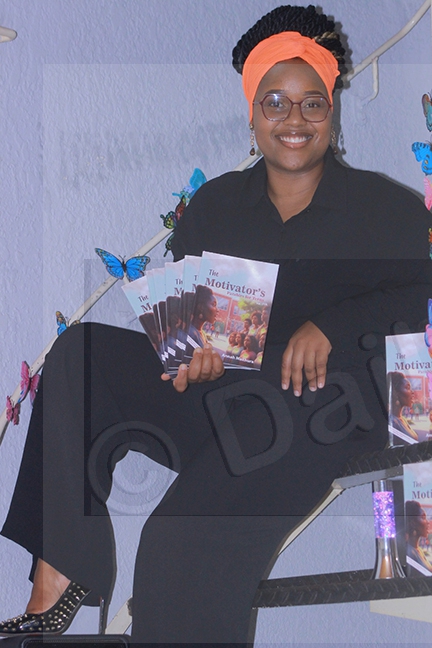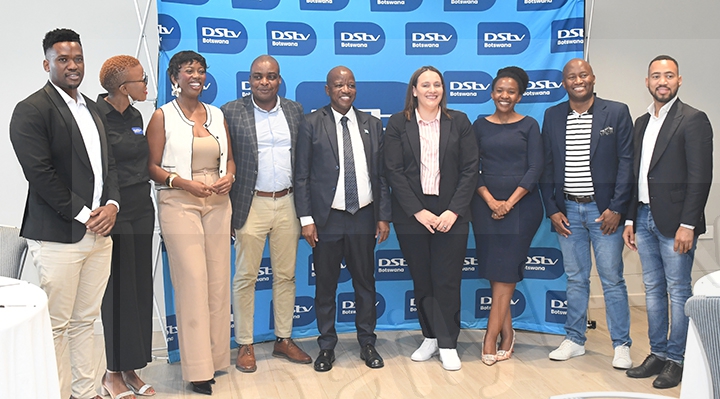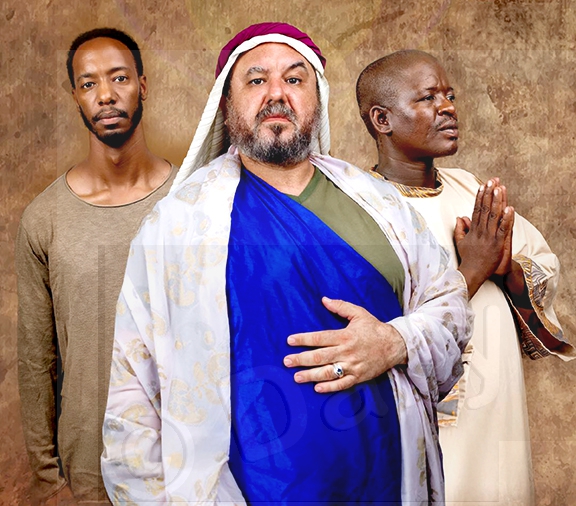Dance groups hail training
30 Mar 2016
Members of different traditional dance groups from across the North East District have expressed gratitude at the opportunity availed to them by the Botswana Folklore Association to help enhance their mastery of the genre.
In an interview during the start of a five-day traditional dance choreography workshop in Masunga on Saturday, Robert Amos of Kudzani Tjilenje Traditional Dance Group from Ramokgwebana said the training had come at the opportune time for their group as they had for long wished to learn dances common in other areas of the country.
Amos said the training, which encompassed the sharing of dance skills pertaining to traditional dance categories such as Phathisi, Setapa, Polka and Tsutsube, provided the much needed cultural exchange that would help open up cultures of other tribes to the Bakalanga of the North East District.
Pointing out that his group was more interested in adding Tsutsube to its original Wosana, Ndazula and Mukomoto dances. He expressed confidence that despite the seeming complexity of Tsutsube dance moves, they would not have much difficulty in grasping them.
Though he decried the length of time availed for the workshop, Amos thanked the Ministry of Youth, Sport and Culture for having supported the Botswana Folklore Association in its endeavour to contribute to the growth of traditional dance in the country.
Matshwenyego Ntesang of Zwitebetebe Wedding Dancers said their wish had for the past months been to introduce Polka dance to their existing dance styles.
This, he said, had been born out of the desire to master the dances of other ethnic groups especially those from the south of Botswana as traditional dance groups from those areas had already shown mastery of Kalanga dances. Ntesang noted that though their Masunga based group had in the recent past made an attempt to introduce Polka dance, lack of equipment had dealt a blow to their efforts.
He disclosed that they had resolved to approach the Department of Youth to help secure the necessary equipment that includes among others; a keyboard, a radio as well as attire for their group.
Giving an overview of the workshop, Joseph Dikgomo of the Botswana Folklore Association indicated that they had realised that some traditional dance groups lacked the skills necessary for them to do well during competitions.
He said the workshop was therefore held to bridge the gap and enhance the groups’ competitiveness as well as add into their ability to do their dances in a more coordinated manner.
Dikgomo said the workshop was also a cultural exchange platform that would serve to formally introduce dances from other cultures to the people of the North East District.
Though the workshop was the first of its kind, he said the exercise would continue to other areas of Botswana; pointing out that it was the association’ wish for all parts of Botswana to have been covered in three years.
Furthermore, he said though they were operating under financial constraints, they would work tirelessly to ensure that the skills they shared were put to good use.
He said they would monitor the groups and provide them with the necessary mentorship.
Dikgomo further thanked the Ministry of Youth, Sport and Culture as well as the Swedish Arts Council for the support they have over the years availed to the association.
The latter, he observed, had helped in capacitating the association by making possible for some members to undergo a Botswana Qualifications Authority (BQA) accredited Trainer of Trainers Course. ENDS
Source : BOPA
Author : Keonee Kealeboga
Location : MASUNGA
Event : Interview
Date : 30 Mar 2016



